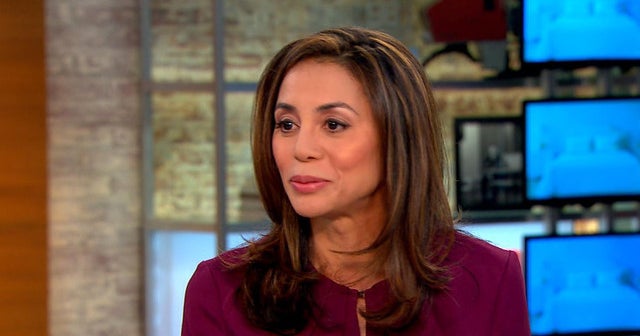In an era where wealth is often equated with monetary abundance, the teachings of the Bahá’í Faith invite us to introspect and redefine the very essence of richness. This exploration poses a playful yet profound question: how much do we truly need to feel rich? This inquiry invites us to delve into the complexities of the human experience, ultimately revealing that the wealth of the soul may transcend material possessions.
To embark on this journey of understanding, it is vital to contemplate the Bahá’í perspective on the nature of wealth and its relationship to our spiritual development. The Bahá’í Faith views material wealth not as an end in itself but rather as a means to facilitate the betterment of the world and alleviate the struggles of our fellow beings. The teachings encourage us to assess our aspirations and desires, urging a reflection on what constitutes true fulfillment.
Central to this discussion is the understanding that the spiritual realm is infinite, while material resources are inherently finite. Thus, the Bahá’í teachings admonish against allowing the pursuit of material wealth to overshadow our spiritual obligations. Indeed, those who seek material gain without regard for spiritual growth may find themselves trapped in a cycle of dissatisfaction. The innate human longing for connection, purpose, and understanding beckons us toward a more profound wealth—the wealth of the soul.
The reality we face today is a marketplace bustling with relentless competition, where success is often measured by the size of one’s bank account. Contrary to this societal narrative, Bahá’í principles illuminate that real prosperity stems from virtues such as compassion, generosity, and love. Therefore, the question emerges: can a person be deemed rich if they possess all the material wealth imaginable yet lack the qualities that foster genuine human connection?
One of the fundamental tenets of the Bahá’í Faith is the interconnectedness of humanity. The notion of being inextricably linked to one another positions our personal enrichment in the context of the broader community. Achieving wealth necessitates a mindset that encompasses service to others. Acts of kindness and generosity amplify the wealth we experience within our own souls. When we contribute to the welfare of others, we cultivate a mutual enrichment that benefits all parties involved.
Furthermore, genuine wealth encompasses emotional and intellectual dimensions, extending beyond mere financial prosperity. A person steeped in knowledge, wisdom, and emotional intelligence embodies richness that money cannot buy. The acquisition of knowledge, as emphasized in Bahá’í teachings, is considered a form of wealth that can infinitely expand the boundaries of human understanding. Thus, the pursuit of intellectual enrichment complements spiritual growth, leading to a holistic sense of fulfillment.
However, this journey toward recognizing the wealth of the soul is not without challenges. The allure of consumerism can often distract us from our true purpose. It becomes imperative to critically evaluate our motivations and the influences shaping our desires. Are we chasing after possessions or pursuing experiences that will further enrich our souls? This evaluation invites a crucial introspection into the nature of our aspirations, encouraging a conscious choice to lean towards fulfilling our spiritual needs.
Moreover, the Bahá’í teachings advocate for moderation in all aspects of life, including the consumption of resources. By practicing moderation, we cultivate a heightened appreciation for the blessings we possess, aligning our actions with our values. This balanced approach yields not only an internal sense of richness but also fosters a sustainable relationship with the environment and our communities.
In times of social disparity, where vast inequalities exist, the Bahá’í perspective urges us to be vigilant stewards of the wealth we accumulate, using it as a tool for promoting justice and equity. Being affluent in resources carries an inherent responsibility to uplift the less fortunate. This sentiment is encapsulated in the Bahá’í principle of service. True wealth is manifested when individuals leverage their resources—not only for their personal gain but to address societal needs.
This inquiry into the wealth of the soul culminates in a further contemplation of legacy. What mark do we leave in the world? The richness of our legacy will ultimately reflect our understanding of wealth. The challenge, then, is to actively shape a legacy that transcends materialism, characterized by acts of altruism, progressivism, and kindness. What will our narrative say about the essence of true wealth when future generations reflect on our existence?
In conclusion, the Bahá’í teachings provide a transformative lens through which we can view the notion of wealth. By recognizing that true richness is achieved through spiritual growth, community service, and emotional wealth, we set forth on a path that elevates both ourselves and our society. The playful question of how much we need to feel rich transforms into a profound challenge: how will we harness our resources, both material and spiritual, to cultivate a life imbued with purpose, love, and fulfillment? In navigating this journey, we may discover that the wealth of the soul is far more enriching than material possessions ever could be.
